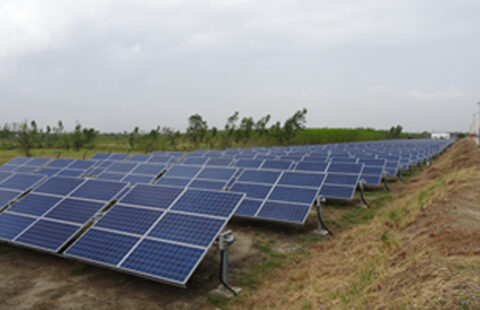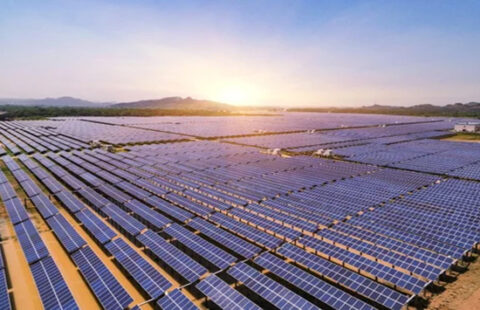
Solar Energy Technology and Its Role in Sustainable Development
As the world continues to face the challenges of climate change, energy scarcity, and environmental degradation, solar energy technology has emerged as a vital solution for sustainable development. Harnessing the power of the sun provides a clean, renewable, and abundant source of energy that can drive economic growth, reduce carbon emissions, and promote energy security. In this blog, we will explore the key roles solar energy technology plays in advancing sustainable development.
The Importance of Solar Energy in Sustainable Development
Solar energy plays a crucial role in achieving the goals of sustainable development. It directly contributes to three key pillars of sustainability: environmental protection, economic growth, and social equity. By reducing reliance on fossil fuels and promoting the use of clean energy, solar technology helps to mitigate the effects of climate change, preserve natural resources, and foster a more inclusive energy economy.
1. Reducing Greenhouse Gas Emissions
One of the most significant contributions of solar energy technology is its ability to reduce greenhouse gas emissions. Unlike conventional fossil fuels, solar power generates electricity without releasing harmful carbon dioxide (CO2) or other pollutants. As the world transitions to cleaner energy sources, solar power will play a critical role in minimizing environmental damage and slowing global warming.
2. Promoting Energy Independence
Solar energy technology also plays a vital role in enhancing energy security and independence. By tapping into the sun’s limitless energy, countries can reduce their dependence on imported fossil fuels, which are often subject to price fluctuations and geopolitical tensions. Solar energy provides a reliable and locally sourced alternative that can stabilize energy costs and ensure a more resilient energy infrastructure.
3. Economic Growth and Job Creation
The solar energy sector is a rapidly growing industry that is driving economic growth and creating millions of jobs worldwide. Solar power installations, manufacturing, maintenance, and research and development activities have opened up new opportunities for skilled labor and technological innovation. As more countries invest in renewable energy infrastructure, solar technology will continue to spur economic development and provide long-term employment.
4. Providing Access to Clean Energy
Solar energy is especially important for providing access to clean and affordable energy in remote or underserved regions. Solar panels and microgrids offer a decentralized energy solution that can power homes, schools, and businesses in areas without access to traditional electricity grids. This not only improves the quality of life for millions of people but also supports community development and local economies.
5. Supporting the Circular Economy
Solar energy technology contributes to the circular economy by reducing the need for finite natural resources. Solar panels, inverters, and batteries are increasingly being designed for longer life cycles and recyclability. By encouraging the use of renewable energy, solar technology helps to minimize waste and promote a more sustainable, circular economy.
Challenges and the Future of Solar Energy
While solar energy technology has made remarkable strides, challenges remain in terms of energy storage, scalability, and integration with existing power grids. However, ongoing advancements in battery technology, smart grids, and AI-driven solar solutions are expected to overcome these barriers in the near future. As technology improves and costs continue to decline, solar energy will become an even more prominent contributor to global energy needs.
Conclusion
Solar energy technology is at the forefront of the global shift towards a more sustainable future. By reducing greenhouse gas emissions, promoting energy independence, driving economic growth, and providing clean energy access to all, solar power is a key enabler of sustainable development. As the world embraces renewable energy, solar technology will continue to play a central role in creating a cleaner, greener, and more equitable planet for future generations.



